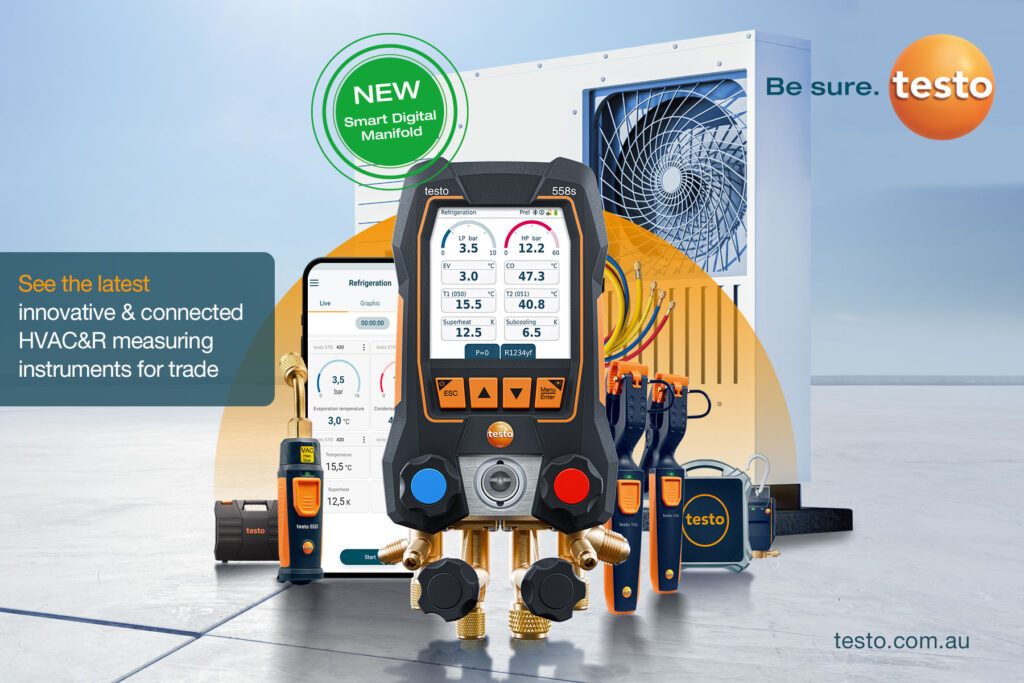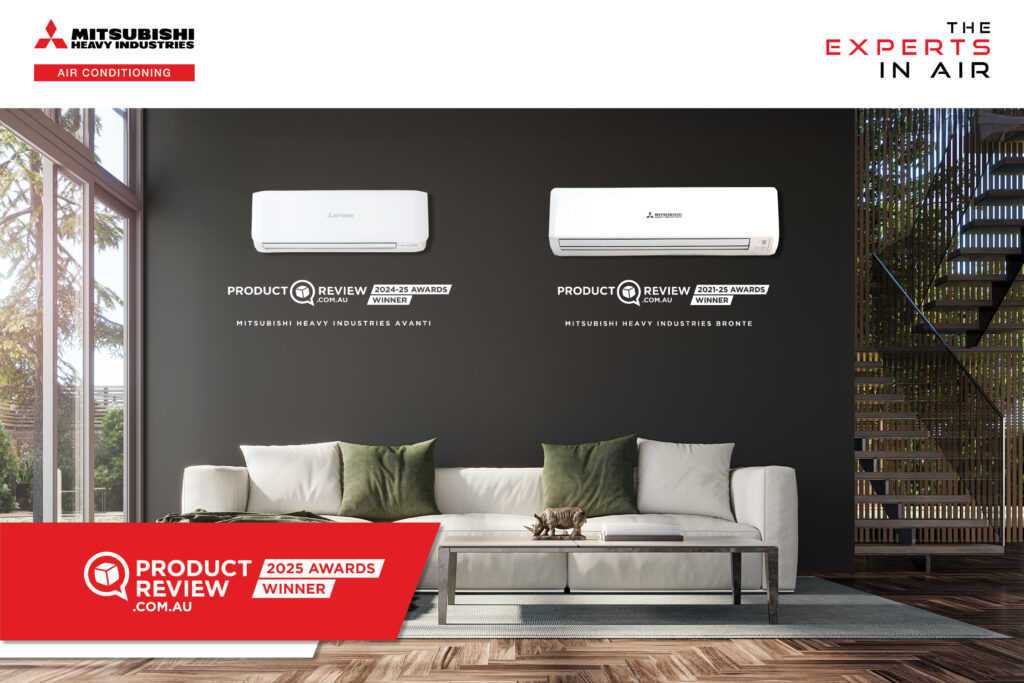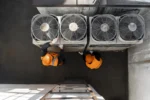Australia’s biggest refrigerant leak?
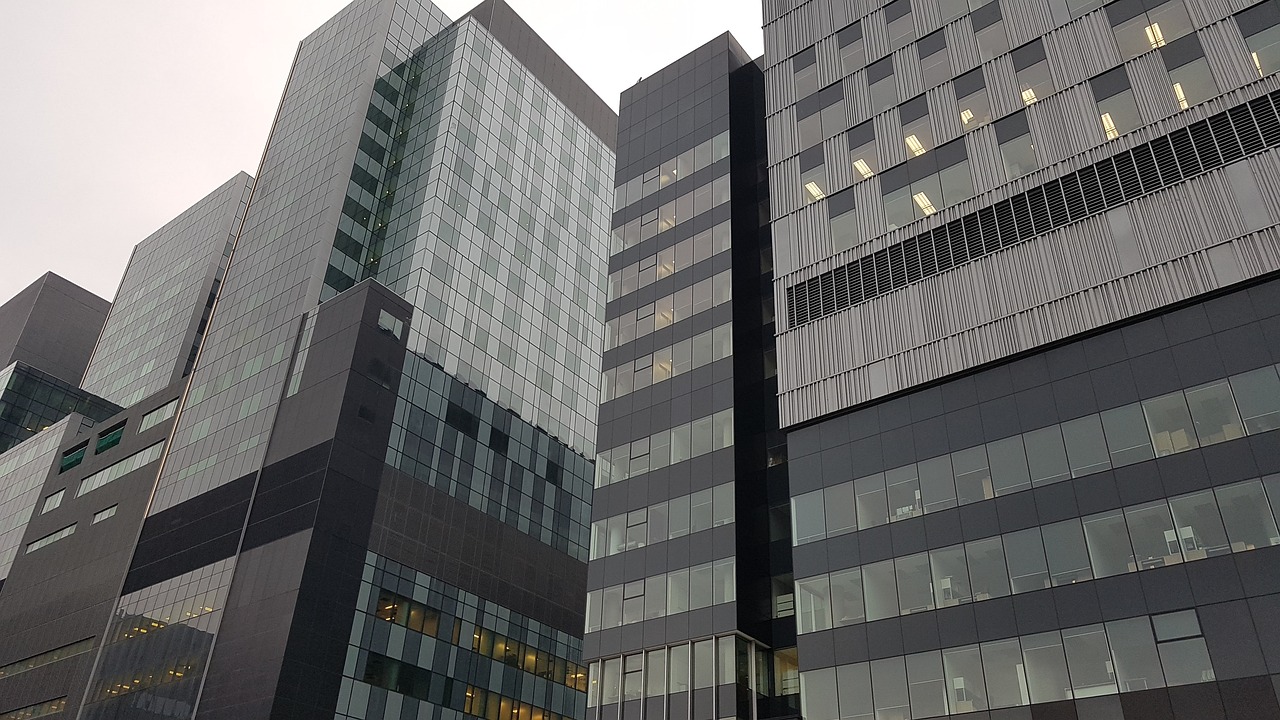
AIRAH’s Advocacy and Policy Manager Mark Vender muses on the exceptional treatment of pre-charged equipment in Australia’s HFC phase-down.
As a non-engineer working in a technical field like HVAC&R, I often find myself asking “stupid” questions. And I’m deeply grateful for the explanations that AIRAH members and industry experts generously provide. But sometimes, even after getting the explanation, the question persists.
This is the case for the treatment of pre-charged equipment in our HFC phase-down.
The story so far
In 2016, thanks in no small part to Australia’s work at the negotiating table, the parties to the Montreal Protocol agreed to an international phase-down of hydrofluorocarbons (HFCs). Known as the Kigali Amendment, this ambitious initiative aims to cut global use of HFCs by about 85 per cent, preventing an astounding 0.5°C of global warming.
The Australian government got cracking, with the initial HFC reduction in 2018 preceding the first mandated quota reduction under the Kigali Amendment in 2019.
The reductions under Kigali apply to both production and consumption of HFCs, but Australia does not manufacture HFC refrigerants locally, so our rules apply to consumption only. And as things stand, consumption is measured as the amount of bulk HFCs we import.
Importantly, equipment pre-charged with HFC refrigerant is exempt from the quota. Split systems and other stationary air conditioning systems, air-to-water heat pumps, refrigerated display cases, cars … because these are imported already containing refrigerant, the amount of HFCs imported in these systems is not counted towards our quota – and therefor is not capped.
Weighing it up
Is this significant? Well, yes. The latest Cold Hard Facts report, just released, indicates that 3,712 tonnes of HFCs were imported in pre-charged equipment in 2022. In bulk form, we imported 2,946 tonnes.
In other words, despite importing more HFCs in pre-charged equipment than we are in bulk, we are excluding it from our totals, and from our phase-down.
One explanation given for this approach is that placing a quota on bulk refrigerant is an effective mechanism for controlling consumption. Pre-charged equipment will ultimately require servicing with bulk refrigerant, after all.
But is this correct? We know that all systems experience some degree of leakage, and that it’s commonplace for them to not be maintained with the correct charge.
We also know that when these systems are decommissioned, the refrigerant is often lost to atmosphere. Research published by Refrigerant Reclaim Australia (RRA) in 2021 estimated that about 500 tonnes of refrigerant per year was not being recovered just from split systems at end of life. Add other equipment classes – including mobile AC that is subject to constant vibration within moving vehicles, and air-to-water heat pumps serviced by plumbers who are not qualified or licensed to recharge refrigerant – and that number would be even higher. And yet, we do not include this in our “consumption”.
Another explanation for the exception is that HFCs in pre-charged equipment will be managed under the quota arrangements of the manufacturing countries. If we include these HFCs in our calculations, they will be “double counted”.
Putting to one side the question of whether double-counting is actually a bad thing, not all signatories to the Kigali Amendment are on the same phase-down schedule. Some countries from which Australia imports refrigerant, such as China and Thailand, are only freezing production and consumption levels this year, and do not need to start phasing down until 2029 under Kigali.
Sealing the leaks
So, are we accurately controlling our consumption of HFCs when the majority of imported refrigerant is not included in our quota, or that of any other country?
Australia has significant advantages in our quest to phase down HFCs. We have the world-leading Cold Hard Facts series of reports, which have been providing invaluable data on our refrigerant bank, imports and usage for almost two decades now. And being an island nation means any HFCs must come through customs – an excellent control point. Spare a thought for Europe, where smuggling of illegal HFCs across land borders is rife.
Australia championed the Kigali Amendment and we have a great opportunity to implement it well, but leaving out pre-charged equipment may be a leak in our system. Is it time for us to review this approach?
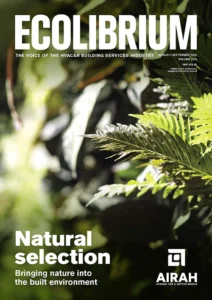
This article appears in Ecolibrium’s August-September 2024 edition
View the archive of previous editions
Latest edition
See everything from the latest edition of Ecolibrium, AIRAH’s official journal.

